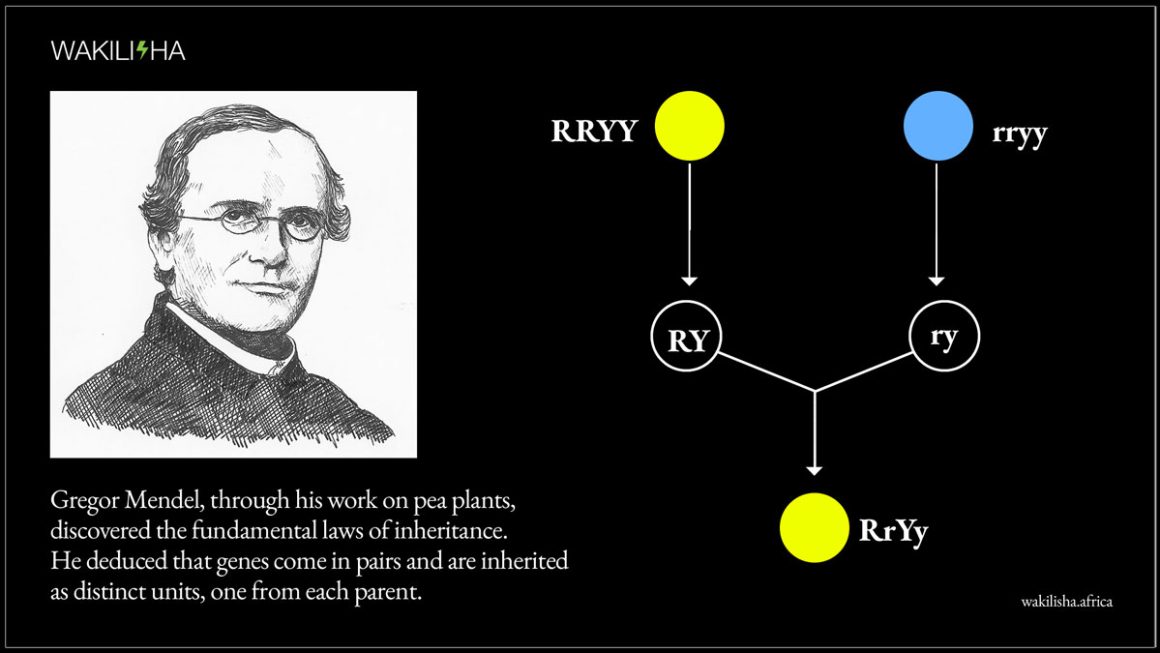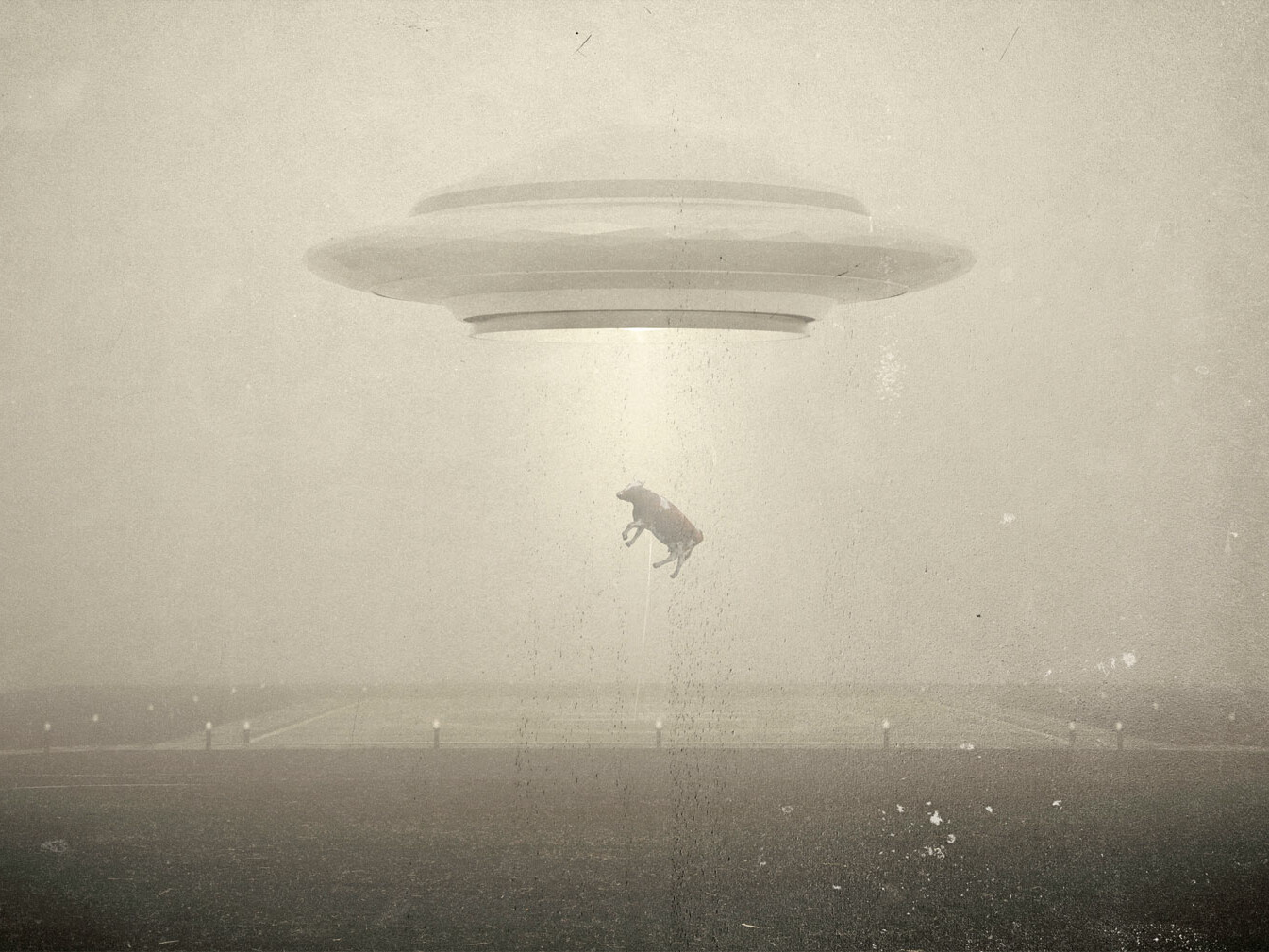
Njoro wa Uba and Mr. Mbotela
Inherently Selfish Acts
The Selfish Gene
British evolutionary biologist and author Richard Dawkins shares a version of this sentiment in his influential book titled The Selfish Gene. Dawkins used a metaphorical element in a bid to simplify such a complex idea as the process of natural selection which occurs in the evolution of living beings. Natural selection is not about making the species or our community better. Natural selection is about the security of the individual. The individual being, merely a vehicle for genes. When many individuals, each with their own purely genetically selfish purposes come together, communities, societies and species, progress.
Genotypic, not Phenotypic
When Dawkins says ‘pure altruistic behavior has never helped anyone in the history of any species’ he meant the genetic kind.
The kind of selfishness inferred to in The Selfish Gene and by other evolutionary biologists is not the kind where you don’t help your neighbor with a spoon of sugar even though you have 2kgs in your pantry.
Genetic selfishness
Natural selection selfishness is the kind that favors certain genes rather than others, not because of how the genes are themselves, but because of their phenotypic consequences. The ‘selfishness’ in The Selfish Gene arises from the biased (hence selfish) selection of the best adapted genes for passing down to the next generation. It is selfish because not all genes make the cut for the next generation.
In a land of tall trees with no branches, the tallness gene will be preferred for its functional uses. Women it this land would prefer tall men or women to be with and have children with because their survival would be much more likely than if they were to be with the short men or women. The shortness gene will slowly but surely die out of the gene pool.
Beyond the metaphorical selfishness involved in the process of natural selection, there is no deterministic correlation between selfishness and genetic makeup.
Stories Affect Perception
Nigerian author Chinua Achebe says “Until the lions have their own historians, the history of the hunt will always glorify the hunter.” Stories shape history. Stories are also important because they help us understand and cope with complex things we might not understand yet. How you tell a story has a huge bearing on the lessons your listeners take from it. And for the listener, the lessons you take from a story have a huge bearing on your life.
The story of the selfish gene is not really about an inherent behavioral trait. While genes are powerful, they are not determinative. Genotype-phenotype correlations are not always exact. Away from the list of Gregor Mendel diseases that pass down through families in predictable patterns of inheritance, making predictions about the effect that a given gene variant will have on traits and behaviors is quite difficult. Even in rare situations where there is a well-characterized relationship between the gene and the phenotypic outcome.

Not so Simple
Do genes affect traits? Yes. But not in simple ways. Genes do not exist in isolation and neither do they manifest in a deterministic manner. There are many variables, environmental, economic and other, which affect gene expression. It would be wrong to take the idea behind the selfish gene literally and reductively. Ignoring the complicated relationship between genotypes and phenotypes presents a distorted view that pushes an agenda of genetic determinism, reducing humanity to a temporary manifestation of anthropomorphic genes in search of their own immortality.
Learn the right Lessons
Mr. Mbotela, like many others who are familiar with the selfish gene, errs from learning the wrong lesson. The selfish Gene is not proof that man is hardwired to be selfish. Nor does it give man a reason to be uncharitable in quotidian life.
In the words of Mark Twain, “We should be careful to get out of an experience only the wisdom that is in it – and stop there; lest we be like the cat that sits down on a hot stove-lid. She will never sit down on a hot stove-lid again – and that is well; but also she will never sit down on a cold one anymore.”
Muiruri Beautah
Muiruri Beautah is a Head Writer at WAKILISHA and a Marketing Manager at Peach Cars. He has created award winning work for brands such as Unilever, Diageo, SafeBoda and Safaricom Plc. He lives in Nairobi and in the hearts of children around the world.




